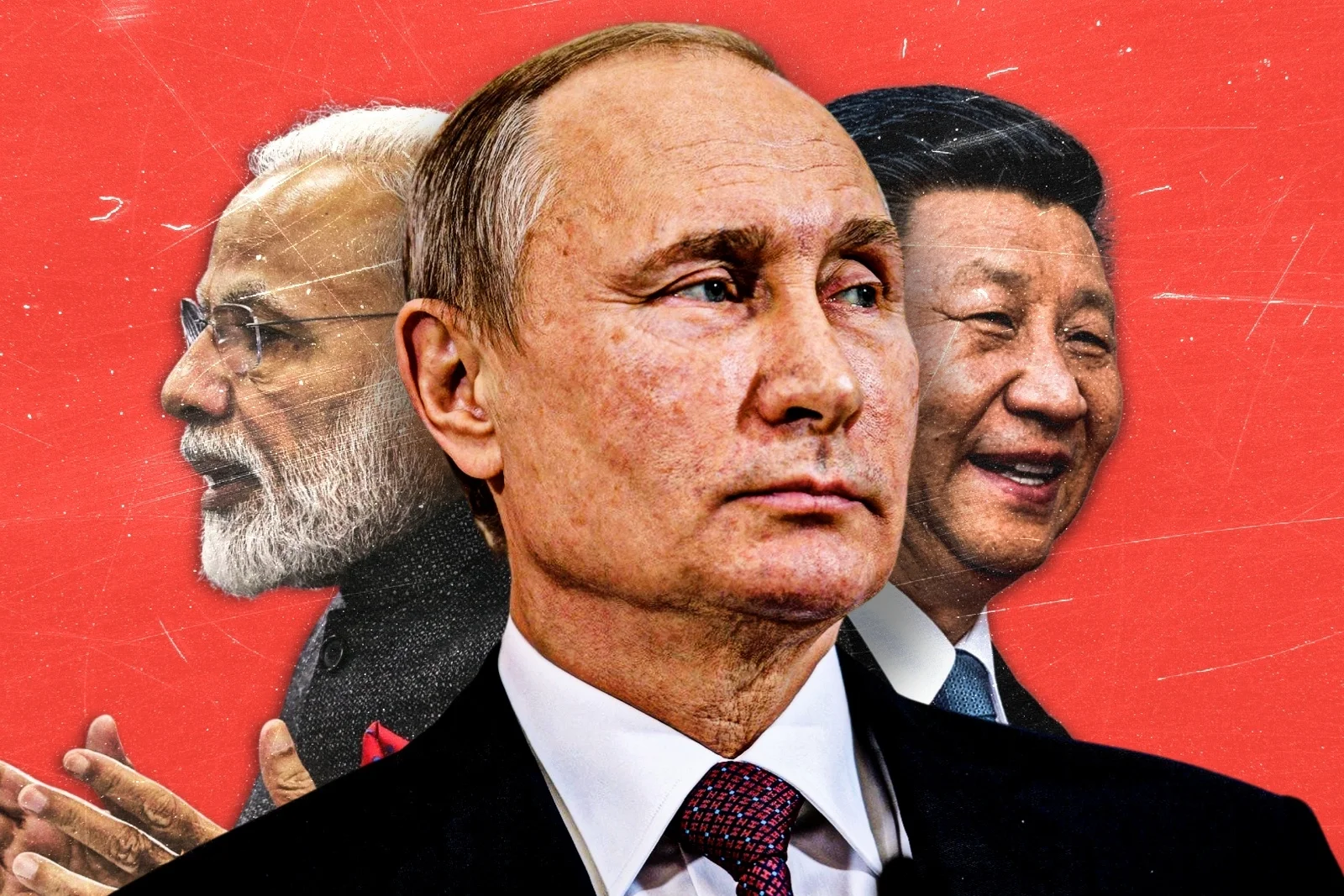
Are the BRICS Pivoting Away from the United Nations?
In his seminal work, Diplomacy for the Next Century, Israeli statesman Abba Eban posed a question that remains as relevant today as ever: Is the United Nations a forum for resolving global issues or simply a platform for airing grievances without meaningful outcomes? Eban argued it often leans toward the latter, frequently failing to address the most pressing issues of the day and leaving many voices unheard. Recently, the actions of the BRICS countries have lent credence to Eban’s critique.
In October, BRICS convened a significant summit in Kazan, Russia, hosted by Vladimir Putin. The inclusion of Iran on the invitation list raised serious questions about the effectiveness of the United Nations and the resilience of the liberal international order. In years past, a UN-sanctioned forum would likely have been the gathering place for such critical discussions. Today, however, Putin increasingly champions a so-called “global majority” that he argues is essential to counter Western-led hegemony.
The Kazan summit offered a forum for the key BRICS economies—China, Russia, and India—to deepen their connections. These countries are among the most significant players in shaping global economics and politics. As interconnected as they are interdependent, these three countries share a dense web of economic and strategic interests. China and India rely heavily on Russian oil, a trade priority Putin highlighted at the summit. This event also allowed India and China, often seen as rival contenders for influence in Asia, to address their lingering border tensions in the Himalayas. While these disputes seem to have de-escalated for now, several potential flashpoints remain that could reignite past conflicts.
The BRICS organization has become China’s answer to the limitations of the United Nations, offering a platform for diplomacy and rapprochement with India after recent skirmishes in the Himalayas. In the Indo-Pacific, China’s foreign policy merits closer examination. It has sought better relations with India, while simultaneously asserting dominance in the South China Sea and South Pacific. China’s aging population and recent economic instability have softened its stance against India, the world’s most populous nation and one of its major trading partners. Beijing’s ambitions for regional supremacy have encountered roadblocks, leading it to adopt a more conciliatory approach with New Delhi.
At the same time, China has shown no hesitation in asserting control over disputed islands and pursuing aggressive policies toward ASEAN countries. Its Belt and Road Initiative has cemented partnerships across the region, reinforcing its influence. The Solomon Islands stand as a recent and notable example. In this region, the Solomon Islands’ leadership has openly welcomed Chinese investment and military presence, anticipating both economic benefits and enhanced stability in a nation often unsettled by civil disobedience and militia activity. Chinese military infrastructure is viewed as a stabilizing force, promising order and supporting government authority.
In contrast, the United States has yet to establish a comparable level of influence among the Pacific island countries, focusing instead on relations with regional powers like India, China, Australia, and New Zealand. While these relationships are significant, the U.S. presence in the broader Indo-Pacific islands remains limited. Regional allies, including Australia and New Zealand, have voiced concerns that Beijing’s regional strategy extends beyond the South China Sea to the South Pacific. Many fear China will ultimately fortify these territories for missile defense and possibly nuclear capabilities. China’s ambitions are perceived as a looming threat, particularly as it increases pressure on Taiwan.
Meanwhile, the BRICS summit presented China with an opportunity to improve ties with India, allowing Beijing to navigate its complex balance between regional influence and diplomacy. With its economic prowess, China remains the de facto leader of the BRICS bloc, aligning the organization with its strategic vision.
Russia, in turn, has leveraged BRICS as a means of resisting what it perceives as Western domination. Its foreign policy, especially toward Ukraine, is fundamentally shaped by a desire to counter NATO’s expansion in Eastern Europe. Russia’s strategic interest in the Black Sea has deep roots, tracing back to centuries-old conflicts with the Ottoman Empire. This legacy drives Moscow’s approach to securing influence in the region, which is an objective reflected in its support for Crimean separatism and other breakaway regions. These efforts represent Russia’s historical ambition to establish dominance over the Black Sea.
Putin used the Kazan summit as a platform to underscore Russia’s economic resilience amid ongoing sanctions, with the Kremlin relying increasingly on BRICS member states for economic support. Russia’s invitation to Iran further signals a pivot toward an anti-Western bloc within the BRICS. Tehran, which harbors longstanding resentment over U.S. support for Israel, shares a deep-seated opposition to Western influence. To Iranian leaders, the UN’s inability to curb Israeli military actions in Gaza represents a failure of international diplomacy. Economic sanctions have battered Iran’s economy, which has made alliances with Russia and China particularly attractive as a countermeasure to the U.S.-led international order.
The convergence of anti-Western sentiment among BRICS members has forged a powerful coalition on the global stage that advocates for a multipolar world order. For BRICS, this alliance embodies an alternative to a United Nations seen as overly influenced by Western interests. Abba Eban’s observation that the UN functions as a platform for grievances would likely resonate with BRICS leaders, who view the organization as inadequate for addressing their core concerns.
Russia, China, and Iran are now leading voices challenging the existing world order with each pursuing regional hegemony in ways that conflict with the principles enshrined in the UN. Increasingly, these nations are circumventing the United Nations, fostering a new arena for diplomacy that reflects their strategic ambitions. As Putin champions the “global majority,” the BRICS bloc emerges as a potential alternative to the UN—a vehicle through which member states aim to reshape the balance of power and diminish Western influence.
If this trajectory persists, the world may find itself split between two poles, with the Global West and the Global East competing for supremacy. This transformation would mark a seismic shift in the global order, as nations align with the rivalries that are shaping the 21st century.
